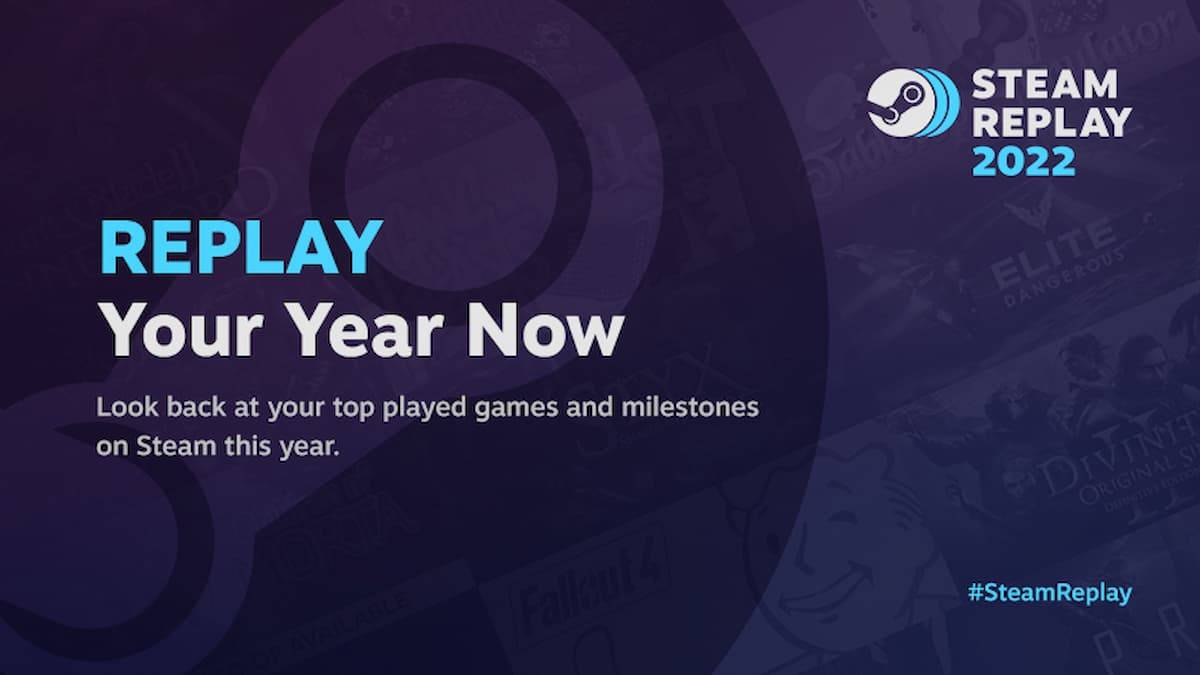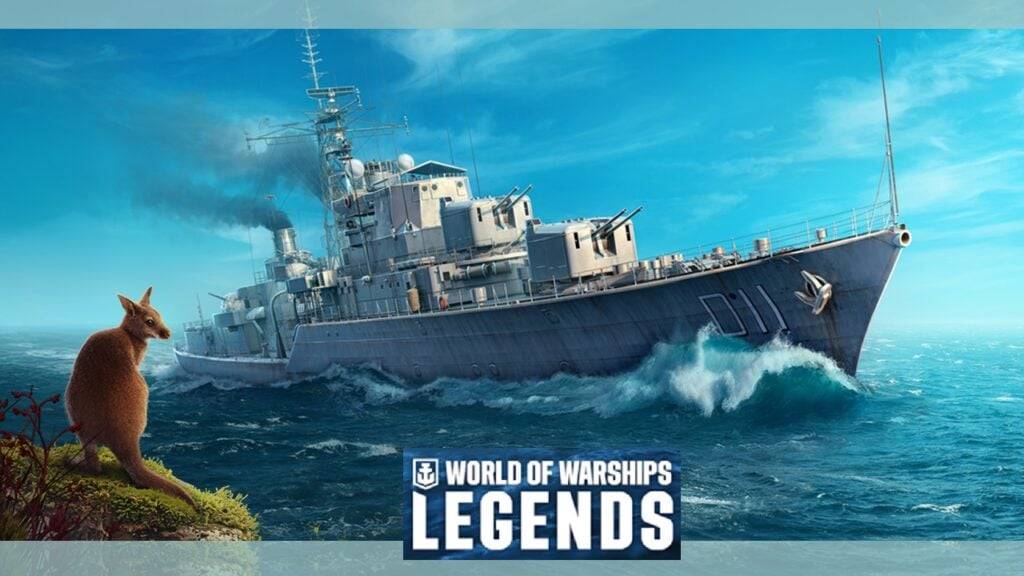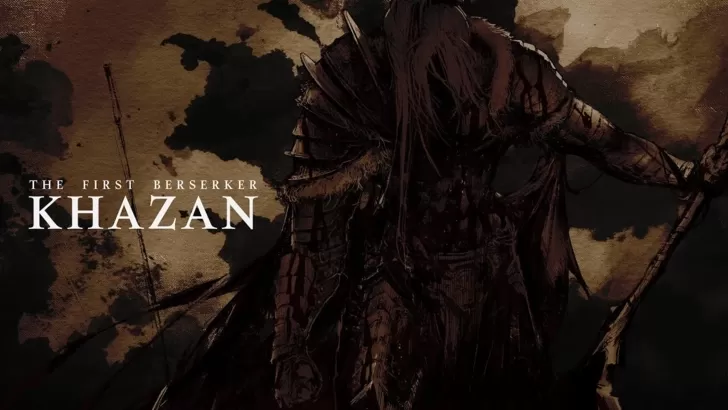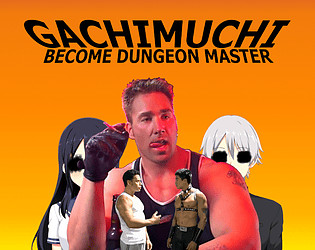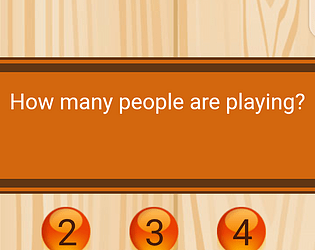Former PlayStation executive Shuhei Yoshida has expressed his reservations about Sony's controversial push into live service video games. During his tenure as President of SIE Worldwide Studios from 2008 to 2019, Yoshida told Kinda Funny Games that Sony was well aware of the risks associated with investing in live service games.
Yoshida's comments come at a challenging time for PlayStation's live service ventures. While Arrowhead's Helldivers 2 achieved remarkable success, selling 12 million copies in just 12 weeks and becoming the fastest-selling PlayStation Studios game ever, other live service titles from Sony have faced significant setbacks. Notably, Sony's Concord turned out to be a major disappointment, lasting only a few weeks before being taken offline due to extremely low player engagement. The game was eventually canceled, and its developer was shut down.
The failure of Concord was costly for Sony, with initial development costs reportedly reaching $200 million, according to Kotaku. This figure did not cover the full development expenses, nor did it include the acquisition of the Concord IP rights or Firewalk Studios itself.
The Concord debacle followed the cancellation of Naughty Dog's The Last of Us multiplayer game. Additionally, Sony recently canceled two unannounced live service projects: a God of War title being developed by Bluepoint and another game from the Days Gone developer, Bend.
Yoshida, who recently left Sony after 31 years with the company, reflected on PlayStation's live service strategy in his interview with Kinda Funny Games. He suggested that if he were in the position of current Sony Interactive Entertainment Studio Business Group CEO Hermen Hulst, he would have resisted the shift towards live service games. Yoshida explained that he was responsible for budget allocation and questioned the wisdom of diverting funds from successful single-player titles like God of War to live service games.
However, Yoshida acknowledged that under Hulst's leadership, Sony provided additional resources to explore live service games while continuing to support single-player titles. He noted that Sony was aware of the risks involved but was willing to give Hulst the resources to experiment. Yoshida praised the unexpected success of Helldivers 2, emphasizing the unpredictable nature of the gaming industry. He expressed hope that Sony's strategy would ultimately prove successful, despite his personal reservations.
In a recent financial call, Sony president, COO, and CFO Hiroki Totoki discussed the lessons learned from both the record-breaking launch of Helldivers 2 and the failure of Concord. Totoki admitted that Sony should have implemented development checkpoints, such as user testing and internal evaluations, much earlier in the process. He suggested that earlier intervention could have allowed Sony to address Concord's issues before its launch.
Totoki also criticized Sony's "siloed organization," which he believes hindered effective communication and collaboration across different teams. He pointed out that Concord's release timing, shortly after the successful launch of Black Myth: Wukong, may have contributed to its poor performance due to market cannibalization.
During the same financial call, Sony senior vice president for finance and IR Sadahiko Hayakawa compared the launches of Helldivers 2 and Concord, emphasizing the importance of sharing lessons learned across Sony's studios. Hayakawa outlined plans to strengthen Sony's development management system by incorporating insights from both successful and failed projects. He stressed the need for a balanced portfolio that includes Sony's proven single-player titles and live service games that carry a certain level of risk.
Looking ahead, several PlayStation live service games are still in development, including Bungie's Marathon, Guerrilla's Horizon Online, and Haven Studio's Fairgame$.

